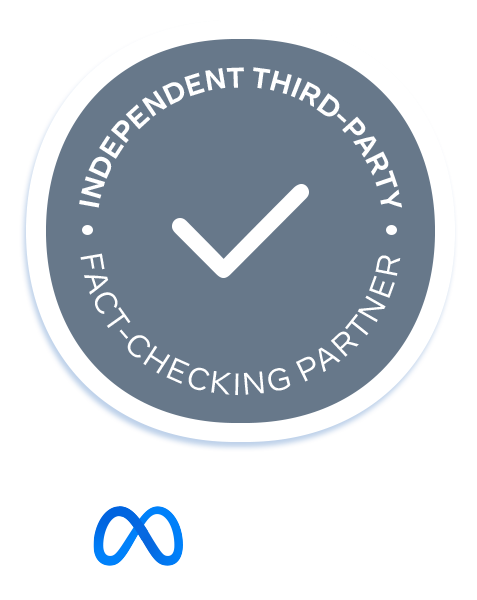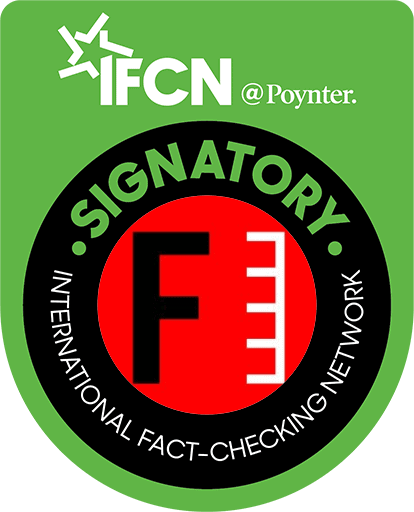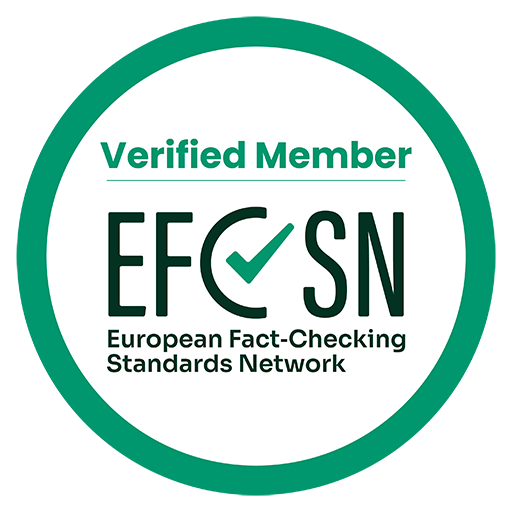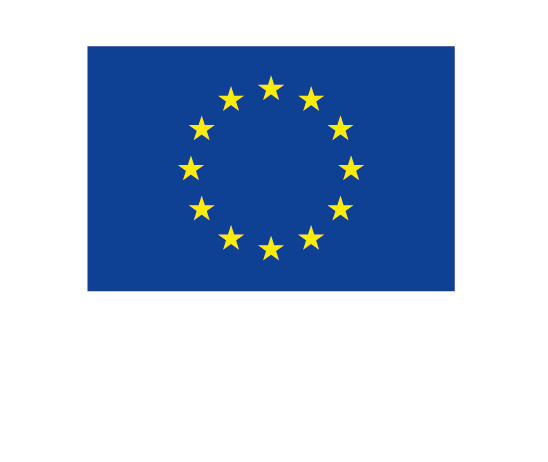Projects and collaborations
The launch of the Faktograf.hr portal received financial support from the National Endowment for Democracy (NED), the TechSoup Foundation and the USA State Department (the project for launching Faktograf was partially financed by the U.S. Embassy in Zagreb).
The operation of the Faktograf.hr portal has over the years been financed through project grants by NED, Google’s The Digital News Initiative, the Innovation Fund (through the Mozaik veza project, BTD, Agency for Electronic Media, the European Union through the various projects, the European Commission (Directorate-General for Communicaions Networks, Content and Technology), US Embassy in Croatia, Active citizens fund in Croatia, European Media and Information Fund, Open Society Institute – Sofia, Google Ireland Limited, Netherlands Helsinki Committee, YouTube , Meta’s Third Party Fact-Checkinger programme and TikTok’s global fact-checking programme.
—
We have been participating in the work of Facebook’s, i.e. Meta’s Third Party Fact-Checking programme since 2019. Its goal is to fight misinformation on Facebook and Instagram. Faktograf.hr continued cooperation in the programme in 2024 as well. You can read more about this in Frequently Asked Questions.
From November 2021 to January 2022, Faktograf participated in Facebook’s Accelerator programme aimed at raising the level of capacity of fact-checking organizations.
As of May 2024, Faktograf became a part of TikTok’s global fact-checking programme.
